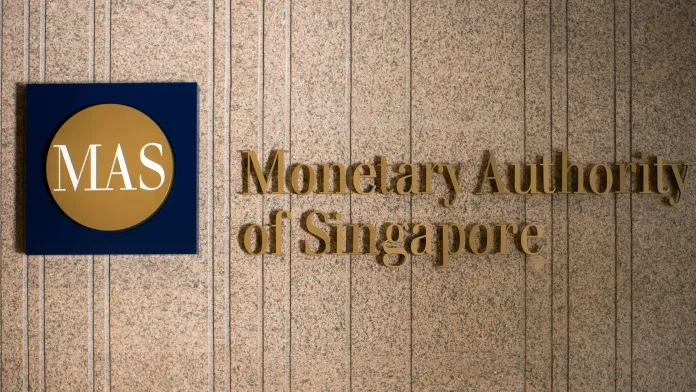
MAS issues expectations for financial institutions’ net zero transition planning
The guidelines are aimed at helping FIs enable effective climate change mitigation.
The Monetary Authority of Singapore (MAS) has issued a set of consultation papers to guide the financial sector in its transition to a net zero economy.
The Guidelines on Transition Planning outline Singapore’s expectations for banks, insurers, and asset managers to have a sound transition planning process. This is to enable effective climate change mitigation, and adaptation of measures by their customers and investee companies.
First, MAS discouraged the “indiscriminate withdrawal” of credit, insurance coverage, or investments Engagement, rather than divestment, should be seen as the key lever for FIs to steward their customers and investee companies to transition in an orderly manner, MAS said in a statement.
“Indiscriminate divestment from carbon-intensive activities will not get us to a net-zero world. A large part of the global economy depends on such activities for growth and jobs,” said Ravi Menon, Managing Director, MAS.
“Rather, financial institutions must actively support their borrowers, insured parties, and investee companies to progressively decarbonise their activities through credible transition plans,” Menon added.
ALSO READ: Singapore probing banks’ involvement in $1.75b money laundering scandal: report
MAS said that FIs should instead inform their customers on the physical and transition risks they face and work closely to implement measures to reduce their carbon footprint and to build resilience to climate change.
MAS also noted that FIs should take a multi-year approach to facilitate a more comprehensive assessment of climate related risks.
“Given that the time horizons for physical and transition risks to manifest are long and uncertain, FIs need to take a multi-year risk perspective when assessing the sustainability of their business models and portfolios,” Singapore’s central bank stated.
Third, MAS reminded FIs that a holistic treatment of risks enables better risk discovery.
“As FIs are exposed to climate-related risks through the effects of both transition and physical risks to their portfolios, they should take an integrated approach to climate mitigation and adaptation measures by working closely with their customers and investee companies,” MAS said.
ALSO READ: MAS teams up with BIS, Swiss and France central banks to test wholesale CBDCs
FIs are also called to consider environmental risks beyond climate-related risks in their
transition planning.
Finally, MAS set the expectation for transparency.
“FIs are expected to disclose meaningful and relevant information to help stakeholders understand how they are responding in the short-, medium- and long-term to material climate-related risks, and the governance and processes for addressing such risks,” MAS said.

















 Advertise
Advertise














